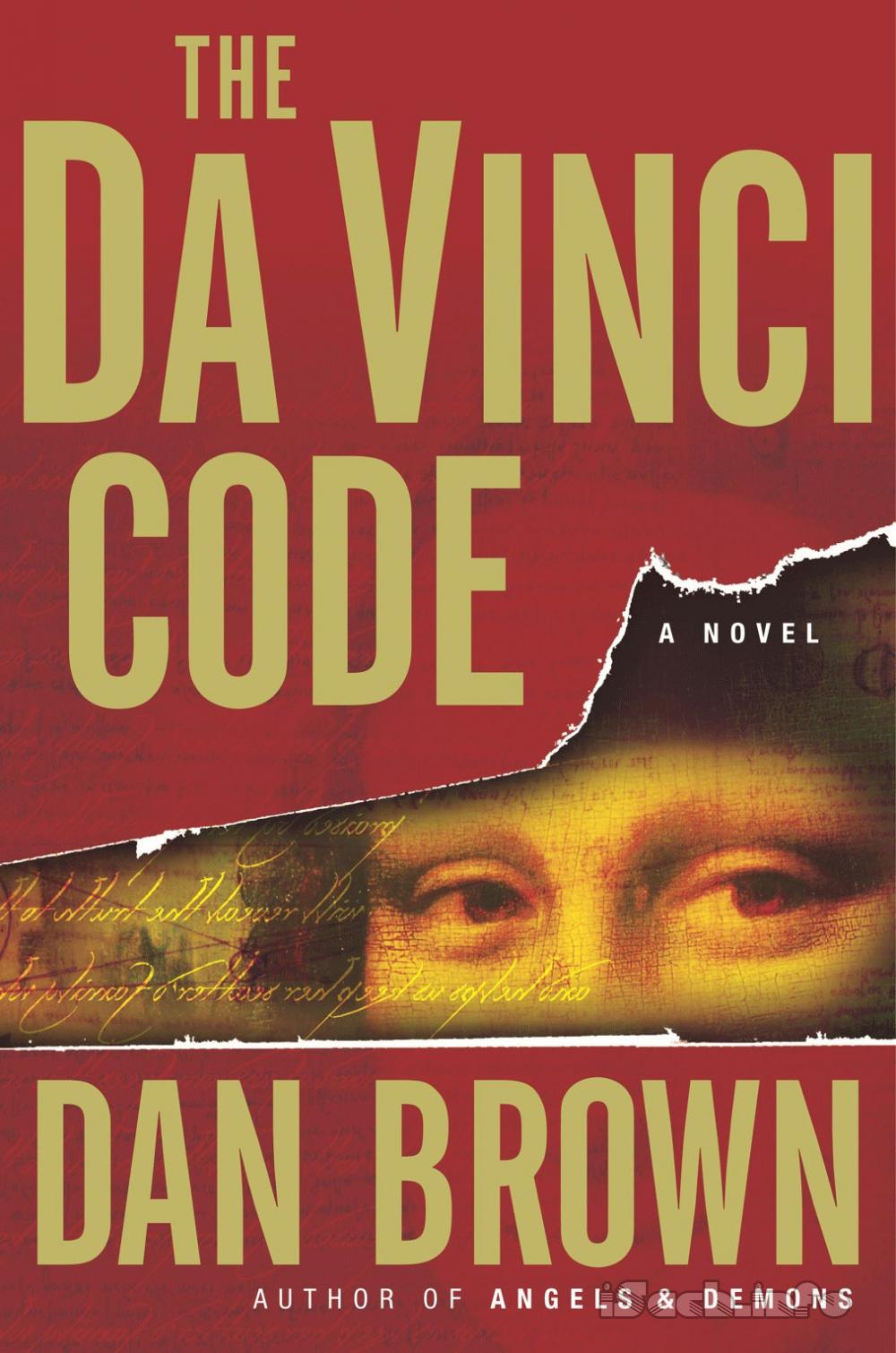Chapter 95
L
angdon's eyes had not left the computer screen since the search began.Five minutes. Only two hits. Both irrelevant.
He was starting to get worried.
Pamela Gettum was in the adjoining room, preparing hot drinks. Langdon and Sophie had inquired unwisely if there might be some coffee brewing alongside the tea Gettum had offered, and from the sound of the microwave beeps in the next room, Langdon suspected their request was about to be rewarded with instant Nescafe.
Finally, the computer pinged happily.
"Sounds like you got another," Gettum called from the next room. "What's the title?"
Langdon eyed the screen.
Grail Allegory in Medieval Literature: A Treatise on Sir Gawain and the Green Knight.
"Allegory of the Green Knight," he called back.
"No good," Gettum said. "Not many mythological green giants buried in London."
Langdon and Sophie sat patiently in front of the screen and waited through two more dubious returns. When the computer pinged again, though, the offering was unexpected.
DIE OPERN VON RICHARD WAGNER
"The operas of Wagner?" Sophie asked.
Gettum peeked back in the doorway, holding a packet of instant coffee. "That seems like a strange match. Was Wagner a knight?"
"No," Langdon said, feeling a sudden intrigue. "But he was a well-known Freemason." Along with Mozart, Beethoven, Shakespeare, Gershwin, Houdini, and Disney. Volumes had been written about the ties between the Masons and the Knights Templar, the Priory of Sion, and the Holy Grail. "I want to look at this one. How do I see the full text?"
"You don't want the full text," Gettum called. "Click on the hypertext title. The computer will display your keyword hits along with mono prelogs and triple postlogs for context."
Langdon had no idea what she had just said, but he clicked anyway.
A new window popped up.
…mythological knight named Parsifal who…
…metaphorical Grail quest that arguably…
…the London Philharmonic in 1855…
Rebecca Pope's opera anthology "Diva's…
…Wagner's tomb in Bayreuth, Germany…
"Wrong Pope," Langdon said, disappointed. Even so, he was amazed by the system's ease of use. The keywords with context were enough to remind him that Wagner's opera Parsifal was a tribute to Mary Magdalene and the bloodline of Jesus Christ, told through the story of a young knight on a quest for truth.
"Just be patient," Gettum urged. "It's a numbers game. Let the machine run."
Over the next few minutes, the computer returned several more Grail references, including a text about troubadours—France's famous wandering minstrels. Langdon knew it was no coincidence that the word minstrel and minister shared an etymological root. The troubadours were the traveling servants or "ministers" of the Church of Mary Magdalene, using music to disseminate the story of the sacred feminine among the common folk. To this day, the troubadours sang songs extolling the virtues of "our Lady"—a mysterious and beautiful woman to whom they pledged themselves forever.
Eagerly, he checked the hypertext but found nothing.
The computer pinged again.
KNIGHTS, KNAVES, POPES, AND PENTACLES: THE HISTORY OF THE HOLY GRAIL THROUGH TAROT
"Not surprising," Langdon said to Sophie. "Some of our keywords have the same names as individual cards." He reached for the mouse to click on a hyperlink. "I'm not sure if your grandfather ever mentioned it when you played Tarot with him, Sophie, but this game is a 'flash-card catechism' into the story of the Lost Bride and her subjugation by the evil Church."
Sophie eyed him, looking incredulous. "I had no idea."
"That's the point. By teaching through a metaphorical game, the followers of the Grail disguised their message from the watchful eye of the Church." Langdon often wondered how many modern card players had any clue that their four suits—spades, hearts, clubs, diamonds—were Grail-related symbols that came directly from Tarot's four suits of swords, cups, scepters, and pentacles.
Spades were Swords—The blade. Male.
Hearts were Cups—The chalice. Feminine.
Clubs were Scepters—The Royal Line. The flowering staff.
Diamonds were Pentacles—The goddess. The sacred feminine.
Four minutes later, as Langdon began feeling fearful they would not find what they had come for, the computer produced another hit.
The Gravity of Genius: Biography of a Modern Knight.
"Gravity of Genius?" Langdon called out to Gettum. "Bio of a modern knight?"
Gettum stuck her head around the corner. "How modern? Please don't tell me it's your Sir Rudy Giuliani. Personally, I found that one a bit off the mark."
Langdon had his own qualms about the newly knighted Sir Mick Jagger, but this hardly seemed the moment to debate the politics of modern British knighthood. "Let's have a look." Langdon summoned up the hypertext keywords.
… honorable knight, Sir Isaac Newton…
… in London in 1727 and…
… his tomb in Westminster Abbey…
… Alexander Pope, friend and colleague…
"I guess 'modern' is a relative term," Sophie called to Gettum. "It's an old book. About Sir Isaac Newton."
Gettum shook her head in the doorway. "No good. Newton was buried in Westminster Abbey, the seat of English Protestantism. There's no way a Catholic Pope was present. Cream and sugar?"
Sophie nodded.
Gettum waited. "Robert?"
Langdon's heart was hammering. He pulled his eyes from the screen and stood up. "Sir Isaac Newton is our knight."
Sophie remained seated. "What are you talking about?"
"Newton is buried in London," Langdon said. "His labors produced new sciences that incurred the wrath of the Church. And he was a Grand Master of the Priory of Sion. What more could we want?"
"What more?" Sophie pointed to the poem. "How about a knight a Pope interred? You heard Ms. Gettum. Newton was not buried by a Catholic Pope."
Langdon reached for the mouse. "Who said anything about a Catholic Pope?" He clicked on the "Pope" hyperlink, and the complete sentence appeared.
Sir Isaac Newton's burial, attended by kings and nobles, was presided over by Alexander Pope, friend and colleague, who gave a stirring eulogy before sprinkling dirt on the tomb.
Langdon looked at Sophie. "We had the correct Pope on our second hit. Alexander." He paused. "A. Pope."
In London lies a knight A. Pope interred.
Sophie stood up, looking stunned.
Jacques Saunière, the master of double-entendres, had proven once again that he was a frighteningly clever man.



 ePub
ePub A4
A4